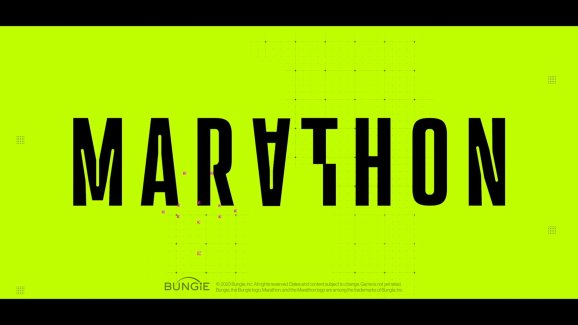

We are living in the age of inflammation. From diabetes to fatty liver diseases, irritable bowel syndrome to autoimmune disorders, the nature of illness has shifted from infections to chronic, progressive, and often untreatable syndromes. Modern medicine, with all its achievements in diagnostics and emergency care, still struggles to offer long-term solutions for these non-communicable diseases (NCDs).
One such condition, rarely spoken about in public health discourse, is Pancreatitis, a painful and financially draining disease that can render even the most resilient families helpless. The pancreas, a critical organ for digestion and metabolism, is quietly becoming the site of chronic inflammation, dysfunction, and degeneration in a growing number of patients. Many are young, non-alcoholic, and with no obvious risk factors, yet face repeated hospitalisations, enzyme dependence, and surgical uncertainty.
This silent epidemic calls for a deeper reflection: Are we looking in the wrong places for answers? Could our traditional knowledge systems, refined over thousands of years, offer not just healing, but also hope?
Global studies indicate that NCDs now account for over 70 per cent of all deaths. In India, this crisis is more severe: urban lifestyles, dietary transitions, sleep disruptions, and chronic stress have created the perfect storm for inflammatory diseases. These conditions are rarely isolated; they come bundled with co-morbidities, mental distress, and long-term dependency on medication.
Yet, despite all its advancements, modern medicine often runs out of tools beyond symptomatic relief. This is particularly evident in diseases like Pancreatitis, where even the best hospitals can do little beyond managing acute episodes and offering enzyme therapy. There is rarely a definitive treatment pathway, only management, which is expensive and incomplete.
The economic burden of Pancreatitis alone globally exceeds $ 2.6 billion annually, with high recurrence rates, loss of productivity, and repeated hospitalisations. In India, where access
to quality care is uneven, the financial and emotional toll is amplified, often pushing families into medical debt.
Ayurveda: Ancient knowledge, modern relevance
Ayurveda, India’s indigenous science of life, views health as the result of a dynamic balance between Aahar (diet), Vihaar (lifestyle), and Aushadhi (medicine). Fighting diseases of the digestive tract have been its strength for centuries. Importantly, Ayurveda doesn’t chase isolated symptoms. It works on the root cause, restoring the homeostasis, and arresting the disease. In conditions like Pancreatitis, where structural damage coexists with functional decline, this systemic approach becomes particularly valuable.
One of the greatest disservices to Ayurveda has been the lack of robust documentation and institutional support for large-scale studies. But evidence exists. In several Ayurvedic institutions across the country, patient records show consistent long-term outcomes in managing chronic inflammatory conditions, including pancreatic diseases.
Where modern medicine sees irreversible damage, Ayurveda often sees a potential for regeneration, provided diet, medicine, and lifestyle are tailored with discipline. In fact, in Institutions like Padaav, for more than three decades, efforts have been ongoing to standardise Ayurvedic treatment protocols for chronic inflammatory conditions like Pancreatitis; making them safer, replicable, and outcome-driven. These long-term studies and patient follow-ups point to a sustainable care model that addresses not just symptoms, but the person as a whole.
The economics of ignoring Ayurveda
Beyond clinical outcomes, there’s an urgent economic argument. Chronic disease care in India is expensive. Hospitalisations, imaging, long-term medications, and surgeries drain resources, especially for middle- and lower-income families.
A preventive and restorative system like Ayurveda can help reduce healthcare costs, enhance patient quality of life, and reduce dependency on polypharmacy.
Why should India, the land of this knowledge system, not lead in establishing evidence-based Ayurveda as a healthcare and economic solution?
For Ayurveda to claim its rightful space in modern healthcare, it must move from anecdote to agenda. We need outcome-based protocols, real-world data, digital health integration, and accessible public health models that empower patients. Institutions must fund and publish studies. Universities must teach Ayurveda not just as philosophy, but as a living, evolving clinical science.
This is not just about national pride. It is about unlocking a pluralistic healthcare model that values science from all origins, modern or traditional.
In a time when diseases are becoming more complex, and healing more elusive, India’s greatest gift to the world may not be just its IT or pharmaceutical exports, but its wisdom of wellness, tested through time and now ready to rise again, with evidence, empathy, and economy.




